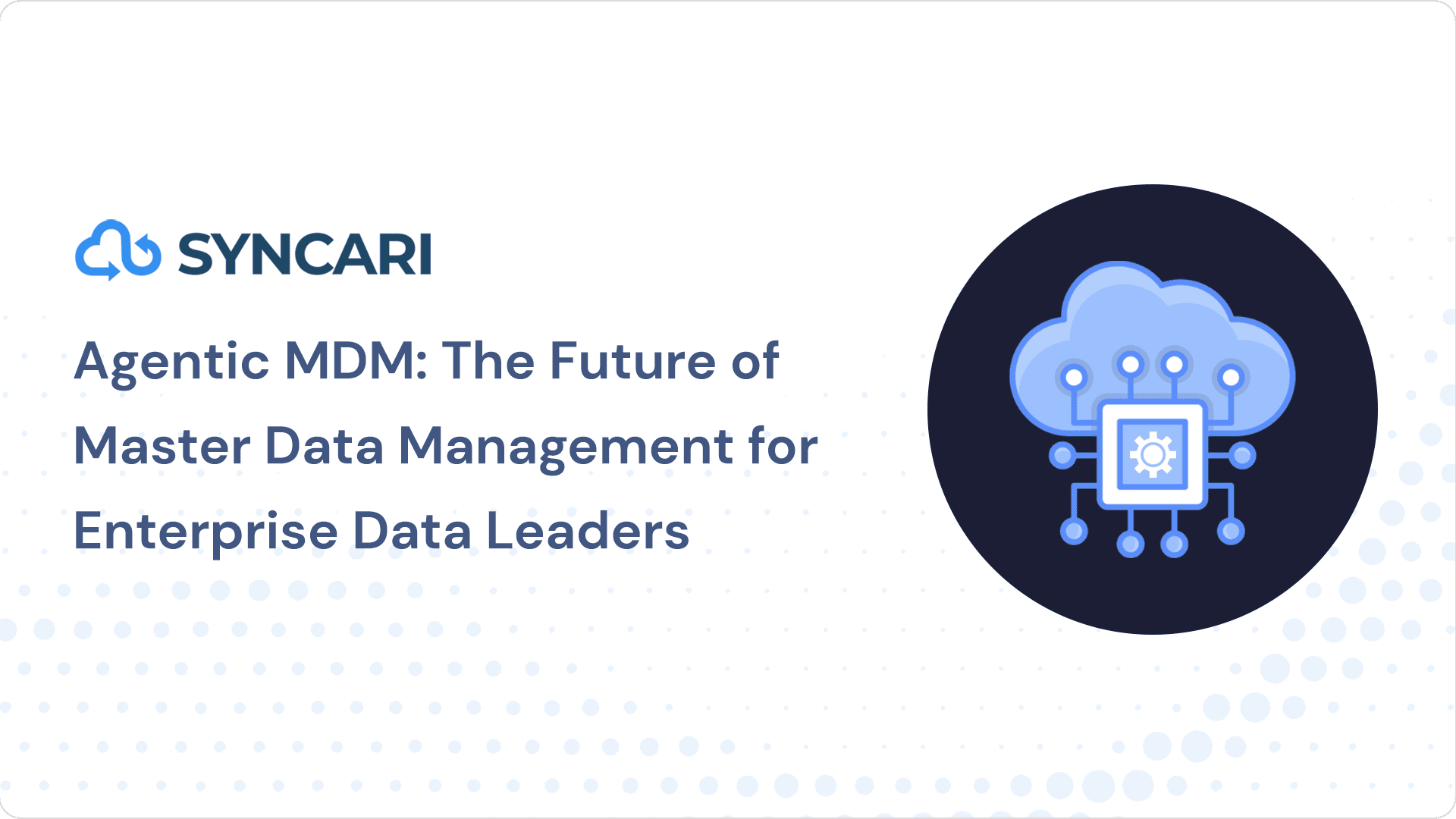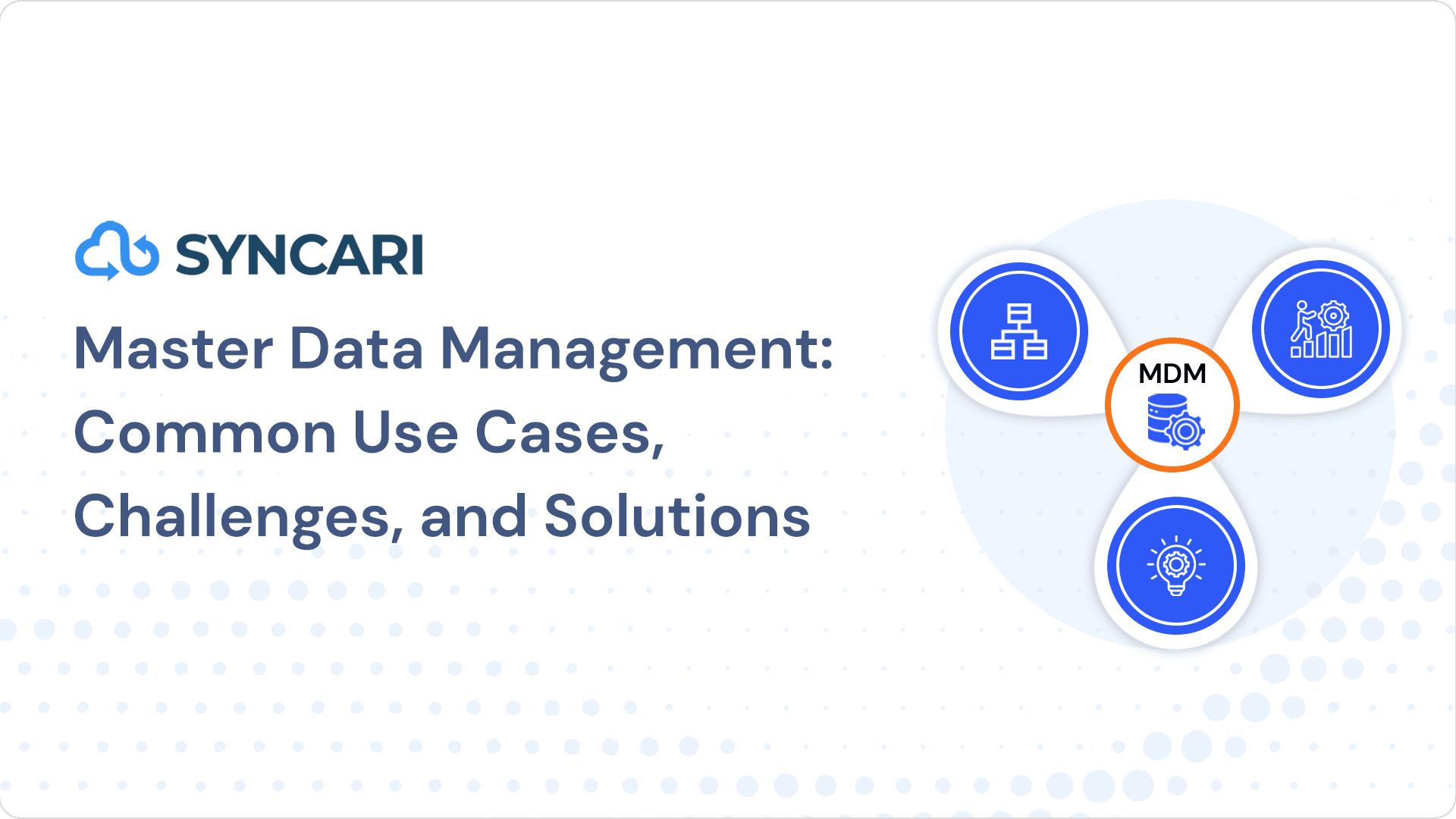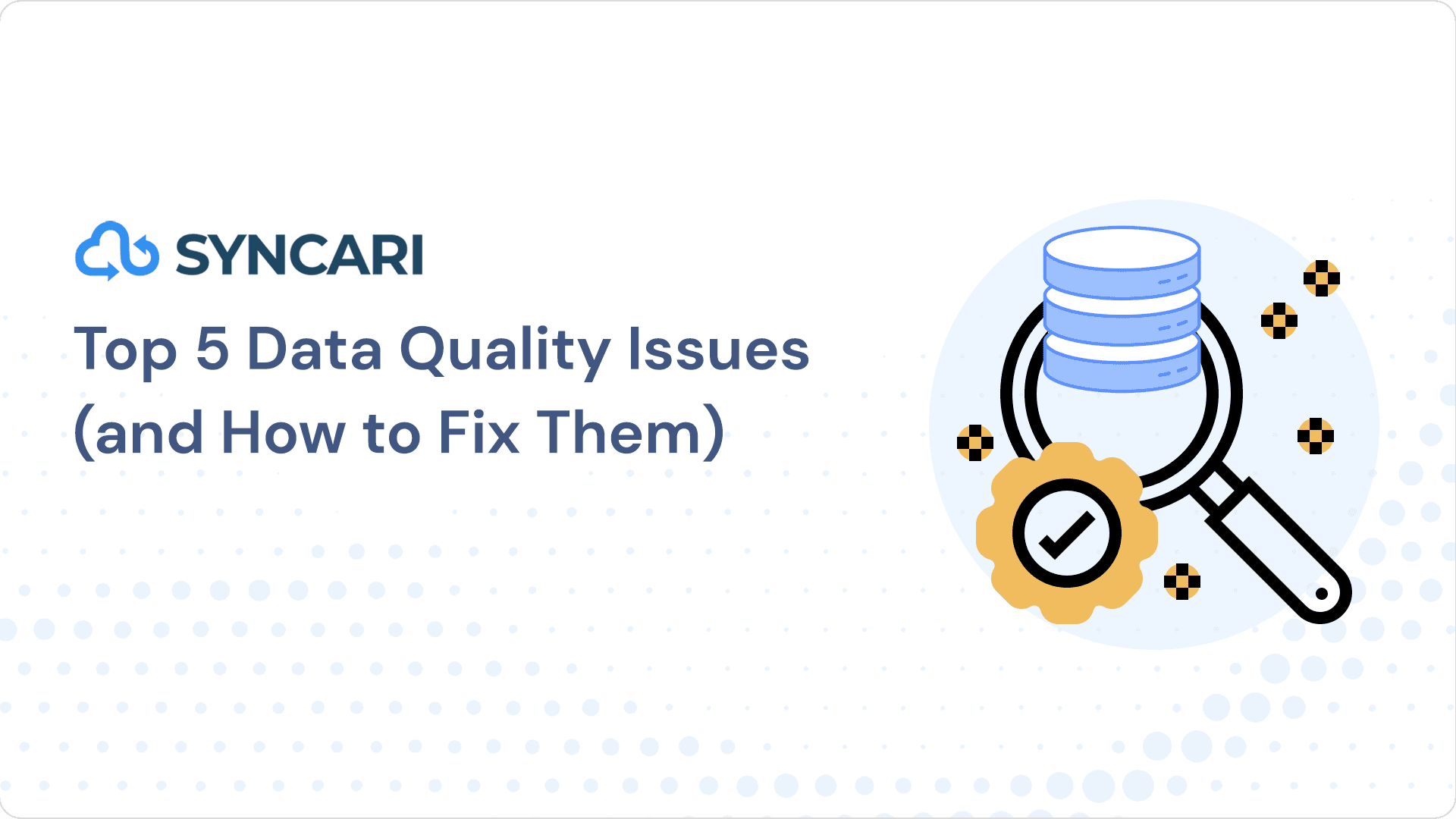Kathryn and Ben are proposal BFFs. As the Senior Manager of Proposal Operations at Maven Clinic, Kathryn Bennett is pumping out winning bids and teaching proposal managers how to succeed without compromising their sanity. When I invited her to speak with me, she insisted we couldn’t discuss proposal best practices without her friend and colleague Ben Klein.
Ben is the founder of BKJAMIN Consulting, a firm that’s collectively spent the last 11 years responding to 20,000 requests for proposals (RFPs) on behalf of software firms, construction companies, and marketing agencies. His attention to detail and care about continually improving the RFP process leads to their firm having some of the best client satisfaction scores Kathryn’s ever seen.
Proposal managers like Kathryn and Ben are on the frontline at new organizations every day, solving revenue generation, sales, and marketing challenges—if anyone sees the inside and out of operational chaos, they do. Needless to say, these two have a lot to say about how anyone, from RevOps to proposal pros, can use data to prove their value, earn buy-in from clients and teams, and generate more revenue.
What’s something you wish more people knew about you?
Kathryn Bennett: My fascination with data comes from starting my career as a chemist, destroying chemical weapons for the Department of Defense. The reason I care about data integrity, data hygiene, and reporting is because of that scientific background.
Ben Klein: Let’s not forget she’s Utah’s strongest woman of 2020 and holds a world record in grip strength.
Kathryn: Ben, you are too kind (laughs).
Ben: For me, it’s that when I was starting out, I often got fired. Companies were excited for us to work together until they’d get the invoice. A lot of people understood the need for RFPs, but they didn’t understand how much effort it took to complete them. I realized that my role was not just creating the RFP, but also offering data on how exactly we provided value, reduced workloads, and helped clients win.
Why should ops and proposal managers use data to prove the value of their role?
Kathryn: If you don’t have an understanding of the revenue you’re generating, you cannot move past the order-taker role. Communicating the value of your work is just as important as the work itself. If you’re bringing in even 30% of the revenue, your work and opinions matter. You need to know what percentage of revenue you contribute so you can understand your value and advocate for yourself.
Ben: I encourage them to talk about the budget they’re responsible for. I track the total cost per submission for everything that I put out. If I’m managing $2.5 million on a client’s behalf and I suggest buying a $30,000 tool to cut 10% off that budget, suddenly you can point to the ROI. It works the same way when we’re advocating for more support or capacity from SMEs—if you can prove the value with data, those conversations will always go smoother.
What metrics should proposal managers track? How can that data improve their processes?
Kathryn: Firstly, your RFPs need to be tied to a sales opportunity. They need to be shown as part of the sales and marketing funnel—they are not just some administrative task. Secondly, there are two types of metrics you should be tracking for all your RFPs projects. These will help you prove the value of your work and process and reveal areas for improvement.
- Outcome Data—Your outcome data will show you (and the client) how compliant you’ve been with the internal service level agreements. Have you turned around the RFP in the time allotted? What tools did you use? What did we earn? Who were our buyers and their industries? Collect this data to draw insights that help you understand whether the RFP process has been successful.
- Process Data—This data is more tricky. We’re tracking how much capacity we asked of our client’s SMEs. We’re tracking how the allotted time was spent. We look at the times we got shortlisted and if we’re converting the entire opportunity. For instance, if we get shortlisted 90% of the time, but we’re not converting to the end, it probably means our demo or our interview is failing. Process data informs us of where the conversions are happening (or not) so you can determine where in the funnel needs improvement.
Ben: Exactly, we are creating an output that goes to the client, and that feedback from the client drives our next actions and our next bid. You can present your analysis to the sales team to strengthen their ability to find the right deals.
We should also measure how satisfied our client’s team was with this process. With that insight, I can ask more specific questions about the RFP process to support or mitigate future blockages. The best part about data is that it helps us uncover the questions we should be asking.
What’s a data nightmare you’ve experienced with your clients? What did it teach you?
Kathryn: One of the biggest pain points I see in growing organizations is the intake and management of data. When the time comes to start making decisions about hiring an RFP team or which customers we should propose to, we’ve got to repair data before we can make a move forward.
I’ve even seen some Salesforce fields with 400 boxes. I don’t know if you’ve met salespeople—they don’t want to fill that out. My advice is to pick your top five things and go from there. Ben taught me three years ago—never collect data unless it’s driving towards a decision.
Ben: Absolutely, I always tell clients to ask the least amount of questions that will glean the most valuable information. I recently had a client who needed the buyer to fill out a form for an accurate quote. They sent me the form and it was an Excel spreadsheet with 20 tabs and more than 30 questions per tab. I told them that no customer would ever answer this. They would eliminate us from the bid if we sent that form (laughs).
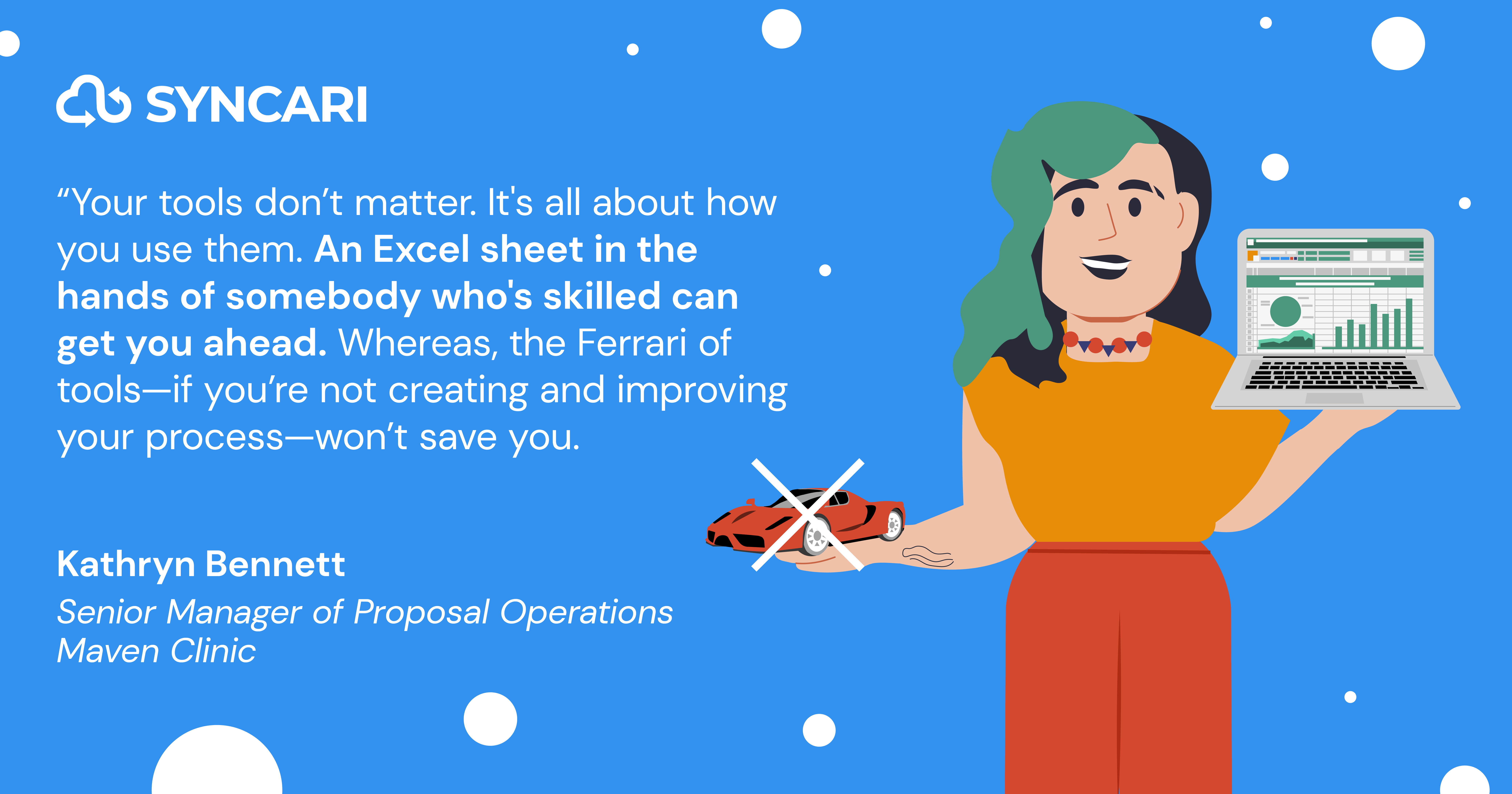
What’s your advice on time management and building repeatable processes?
Ben: I’ll tell you what Kathryn always tells me—I need to say no to more things to free myself to say yes to the right things. As a proposal manager, you’re the repository of what’s cutting edge inside every organization you’ve worked with. That knowledge is valuable, so it’s easy to succumb to your colleagues’ requests to get involved in side projects.
Protect your time. Ensure every project you do helps you advance your career or adds value to the company. When RFP professionals ask my advice on time management, I always ask them, “How is this new project helping you win more business? How is this creating value for your company?” Because if you can’t answer that, then you probably know it’s time to say no.
Kathryn: I love that, Ben. My timeless advice is that you should always be creating standard processes. It doesn’t matter how rudimentary your systems are—create a system and measure its effectiveness.
It reminds me of when I played drums in high school—I had a gnarly, old drum set from a thrift store. But I loved playing, so I practiced all the time and got first chair every year. There was another kid who had the fanciest drum set I’d ever seen, but he didn’t practice much and he never got first chair.
In the end, your tools don’t matter. It’s all about how you use them. An Excel sheet in the hands of somebody who’s skilled can get you ahead. Whereas, the Ferrari of tools—if you’re not creating and improving your process—won’t save you. Start simple. Build out standard processes, measure their success, and make incremental changes.
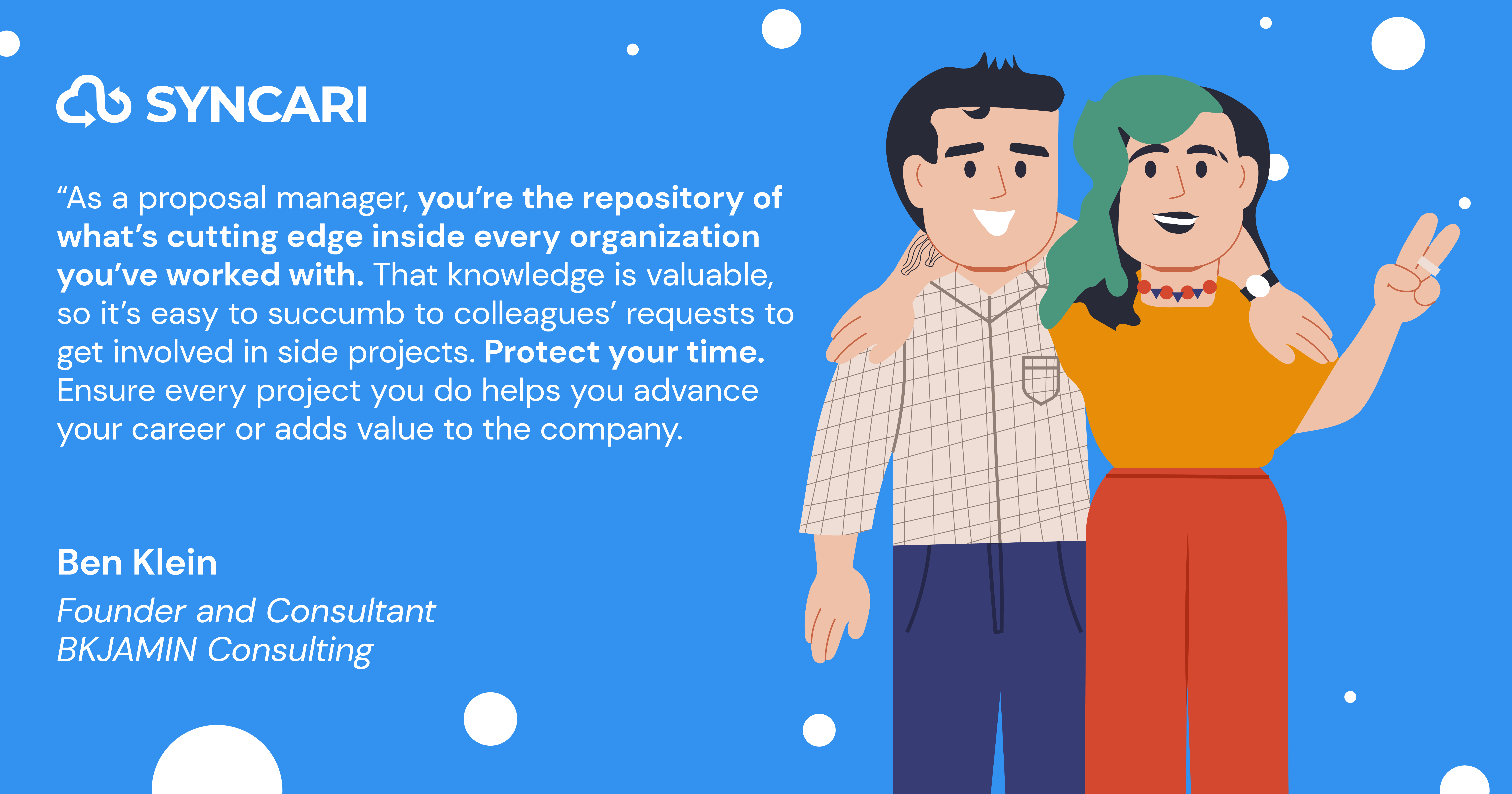
What books are you reading, podcasts you’re addicted to, and communities you’re involved in?
Ben: I love the 99% Invisible podcast on hidden design. And Humble Pie by Matt Parker. He talks about how easy it is to misinform people with data. If you haven’t read The Keys to Collaboration by Lane Sherman, you are doing yourself a disservice. It’s about forming temporary, small teams and effectively managing them—I refer back to it all the time. I’m also obsessed with Kathryn and the community she’s building on LinkedIn and at warmaidenfitness.com. I’m her biggest fan.
Kathryn: My favorite podcast is Not So Standard Deviations. It’s a data analysis podcast about how to automate your systems. And I’m always on the r/antiwork subreddit for work automation advice.
What’s next for you both?
Kathryn: I just finished writing my book Productive Pain. It’s about strongman, and sobriety, and my journey. I also started a podcast called, No Really, Everything is Fine for proposal professionals who want to learn how to get control of their everyday lives. We’re talking about workflows, emergencies, and how to go home after a 40-hour workweek.
Ben: And Kathryn and I will be delivering a four-part RFP crash course for salespeople through Pavilion, so look out for details coming soon. We’re also working on my social media plan together, I’ve got to catch up to Kathryn’s 13,000 TikTok followers!
Want to connect with Kathryn and Ben? Follow Ben on LinkedIn and Kathryn on Linkedin.
